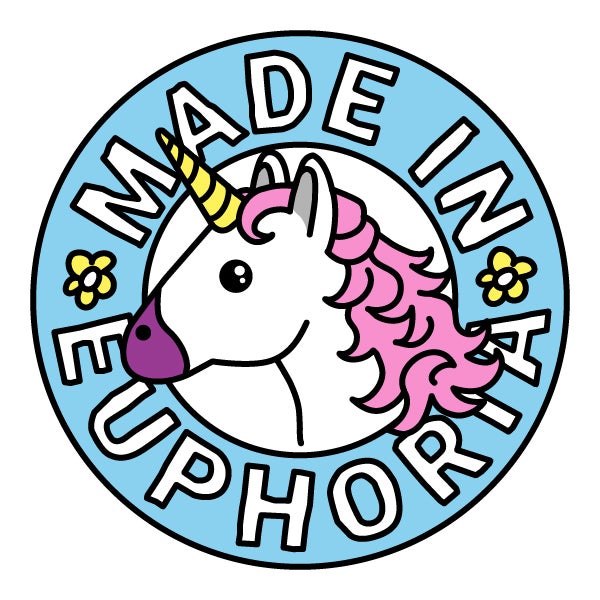Laser Etched Drinking Glasses




A while ago I laser etched my face onto a set of drinking glasses in hopes of weirding out my new roommates. They didn't seem to notice. Or, at least, if they did notice, they never said anything. Any which way, it never sparked the conversation I was hoping for (i.e. "Why do you have your face on all your glasses?"). Regardless... these glasses make a fine addition to any home.
The nice thing about etching glass with a 75 Watt IR laser cutter is the precision and detail. I am able to get highly accurate images onto a round surface without much fuss. I highly recommend pulling your awesome Epilog laser cutter out of the closet and doing the same.
Go Get Stuff

You will need:
A laser cutter with rotary attachment
I used an Epilog laser cutter, but you can use whatever laser cutter you may happen to have at your disposal.
Dish soap
This is recommended for coating the glass while etching.
Glass cups
It is recommended that you find glasses that are fairly straight with minimal taper. This will result in the best print.
Blue painters tape
The painter's tape is used for doing test etches on the glass and positioning.
A pencil
Pencils are generally useful!
Photoshop
The etched image file is prepared using Photoshop. This is just what I use, but feel free to use whatever software is easiest for you.
(Please note that some of the links on this page contain affiliate links. This does not change the cost of the item for you. I reinvest whatever proceeds I receive into making new projects.)
Attach the Rotary Attachment









Turn on the laser cutter. Drop the bed to the bottom and remove the honey comb panel.
Turn off the laser cutter. Align the pegs of the rotary attachment into the pegs in the bottom of the laser cutter. Plug in the ribbon cable into the socket on the side of the laser cutter.
Turn the laser cutter back on.
Testing






Cover your glass with blue painter's tape. Place it onto the rotary attachment with the larger side of the glass closer to the cut head and use the dial to adjust the glasses height until it lays level.
Raster cut the tape with the following settings:
DPI: 300
Speed: 100
Power: 10
You can use the cut file attached below to get started. Keep in mind this file is of my face. You will need to make one of your face.
Figure out your measurements for your own cup and plan accordingly when making your image file.
Downloads
Make the File

Open a picture of your face in Photoshop.
Use the lasso tool to outline your face.
Once you close the outline, copy your face and paste it into a new document.
Now, apply the stamp filter to it such that it is a black outline with a white fill. You should now be all set.
Soap the Glass




Apply a small amount of dish soap to the surface of the glass, being particularly careful not to get the soap on either end of the cup. If you get soap on the ends, the wheels on the rotary attachment won't grip and your glass will just spin in place, causing the etching to fail.
Coat the Glass

















Cut out a small piece of paper towel. Soak it in water and the wring it out and then carefully reshape it so that it is flat.
Place this paper towel around your glass. Smooth it out to get out any bubbles, but be careful to keep this off the edges of the glass as well, as it will interfere with its rotation.
Also, be careful not to let the paper towel overlap itself as this may alter the results of the etching.
Place the Glass





Place the glass in the rotary cutter with the larger edge closest the cut head. The glass will spin clockwise, so position it as such. In other words, put it in there so that the right edge of the paper towel is about at the 1 o-clock position if its spinning clockwise.
Etch the Glass!

Etch the glass with the following settings:
DPI: 600
Speed: 100
Power: 80
Clean It Up





Wash off the glass in the faucet with running water.
You may want to consider scrubbing the etching with a little steel wool to get rid of any possible sharp edges.

Did you find this useful, fun, or entertaining?
Follow @madeineuphoria to see my latest projects.